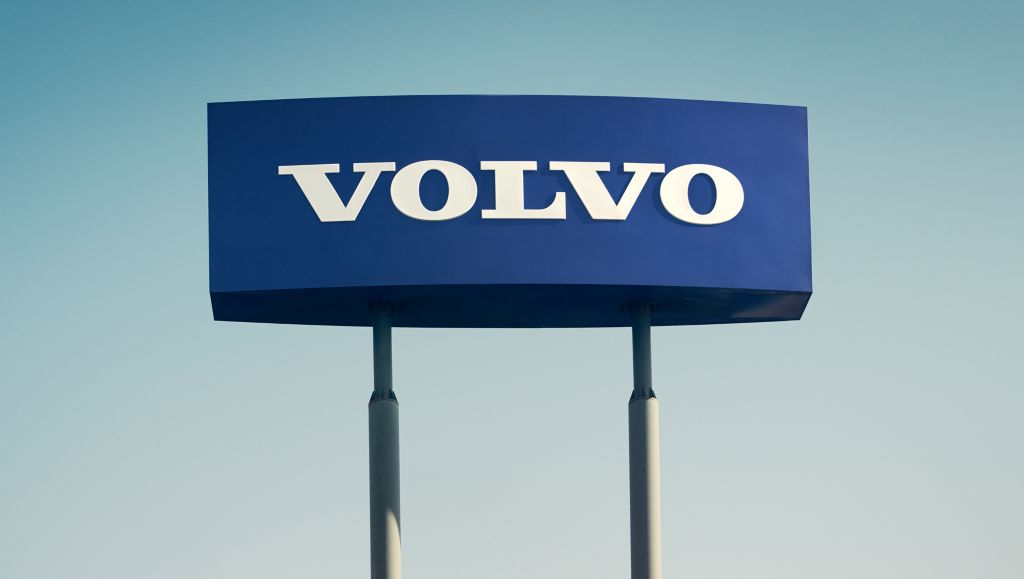Volvo Group makes a provision of SEK 7 bn relating to estimated costs to address degrading emission control component issue


The estimated costs are based on several factors such as testing of vehicles, statistical analysis and dialogue with relevant authorities. The next step will be to define how to implement corrective actions concerning the component in vehicles affected by this issue. This will be done together with the relevant authorities.
The degradation of the component in question does not pose a product safety issue, nor does it negatively affect vehicle or engine performance in areas other than emissions control. The degradation is a result of a materials issue that occurs over time. All engines and vehicles equipped with the component meet emissions limits at delivery.
The provision will impact operating income in the fourth quarter of 2018, while the negative cash flow effect will start in 2019 and gradually ramp up in the coming years.
The Volvo Group will continuously assess the size of the provision as the matter develops.
Journalists who would like further information, please contact: Claes Eliasson, Head of Media Relations, +46 76-553 72 29.
This is information that AB Volvo (publ) is obliged to make public pursuant to the EU Market Abuse Regulation. The information was submitted for publication, through the agency of the contact person set out above, at 18.00 p.m. CET on January 3, 2019.
For more information, please visit volvogroup.com/press
The Volvo Group is one of the world’s leading manufacturers of trucks, buses, construction equipment and marine and industrial engines. The Group also provides complete solutions for financing and service. The Volvo Group, which employs almost 100,000 people, has production facilities in 18 countries and sells its products in more than 190 markets. In 2017 the Volvo Group’s sales amounted to about SEK 335 billion (EUR 35 billion). The Volvo Group is a publicly-held company headquartered in Göteborg, Sweden. Volvo shares are listed on Nasdaq Stockholm.